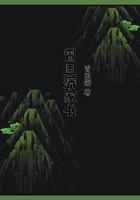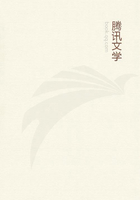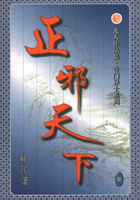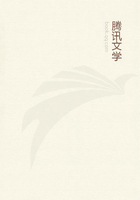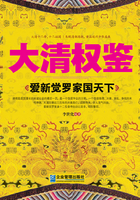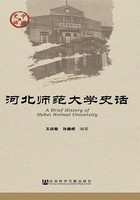In giving all these descriptions of what I saw during my mouth of travel in the country around Tuskegee, I wish my readers to keep in mind the fact that there were many encouraging exceptions to the conditions which I have described. I have stated in such plain words what I saw, mainly for the reason that later I want to emphasize the encouraging changes that have taken place in the community, not wholly by the work of the Tuskegee school, but by that of other institutions as well.
Chapter VIII. Teaching School In A Stable And A Hen-House I confess that what I saw during my month of travel and investigation left me with a very heavy heart. The work to be done in order to lift these people up seemed almost beyond accomplishing. I was only one person, and it seemed to me that the little effort which I could put forth could go such a short distance toward bringing about results. I wondered if I could accomplish anything, and if it were worth while for me to try.
Of one thing I felt more strongly convinced than ever, after spending this month in seeing the actual life of the coloured people, and that was that, in order to lift them up, something must be done more than merely to imitate New England education as it then existed. I saw more clearly than ever the wisdom of the system which General Armstrong had inaugurated at Hampton. To take the children of such people as I had been among for a month, and each day give them a few hours of mere book education, I felt would be almost a waste of time.
After consultation with the citizens of Tuskegee, I set July 4, 1881, as the day for the opening of the school in the little shanty and church which had been secured for its accommodation.
The white people, as well as the coloured, were greatly interested in the starting of the new school, and the opening day was looked forward to with much earnest discussion. There were not a few white people in the vicinity of Tuskegee who looked with some disfavour upon the project. They questioned its value to the coloured people, and had a fear that it might result in bringing about trouble between the races. Some had the feeling that in proportion as the Negro received education, in the same proportion would his value decrease as an economic factor in the state. These people feared the result of education would be that the Negroes would leave the farms, and that it would be difficult to secure them for domestic service.
The white people who questioned the wisdom of starting this new school had in their minds pictures of what was called an educated Negro, with a high hat, imitation gold eye-glasses, a showy walking-stick, kid gloves, fancy boots, and what not--in a word, a man who was determined to live by his wits. It was difficult for these people to see how education would produce any other kind of a coloured man.
In the midst of all the difficulties which I encountered in getting the little school started, and since then through a period of nineteen years, there are two men among all the many friends of the school in Tuskegee upon whom I have depended constantly for advice and guidance; and the success of the undertaking is largely due to these men, from whom I have never sought anything in vain. I mention them simply as types. One is a white man and an ex-slaveholder, Mr. George W. Campbell; the other is a black man and an ex-slave, Mr. Lewis Adams. These were the men who wrote to General Armstrong for a teacher.
Mr. Campbell is a merchant and banker, and had had little experience in dealing with matters pertaining to education. Mr. Adams was a mechanic, and had learned the trades of shoemaking, harness-making, and tinsmithing during the days of slavery. He had never been to school a day in his life, but in some way he had learned to read and write while a slave. From the first, these two men saw clearly what my plan of education was, sympathized with me, and supported me in every effort. In the days which were darkest financially for the school, Mr. Campbell was never appealed to when he was not willing to extend all the aid in his power. I do not know two men, one an ex-slaveholder, one an ex-slave, whose advice and judgment I would feel more like following in everything which concerns the life and development of the school at Tuskegee than those of these two men.
I have always felt that Mr. Adams, in a large degree, derived his unusual power of mind from the training given his hands in the process of mastering well three trades during the days of slavery. If one goes to-day into any Southern town, and asks for the leading and most reliable coloured man in the community, I believe that in five cases out of ten he will be directed to a Negro who learned a trade during the days of slavery.
On the morning that the school opened, thirty students reported for admission. I was the only teacher. The students were about equally divided between the sexes. Most of them lived in Macon County, the county in which Tuskegee is situated, and of which it is the county-seat. A great many more students wanted to enter the school, but it had been decided to receive only those who were above fifteen years of age, and who had previously received some education. The greater part of the thirty were public-school teachers, and some of them were nearly forty years of age. With the teachers came some of their former pupils, and when they were examined it was amusing to note that in several cases the pupil entered a higher class than did his former teacher. It was also interesting to note how many big books some of them had studied, and how many high-sounding subjects some of them claimed to have mastered. The bigger the book and the longer the name of the subject, the prouder they felt of their accomplishment. Some had studied Latin, and one or two Greek. This they thought entitled them to special distinction.

